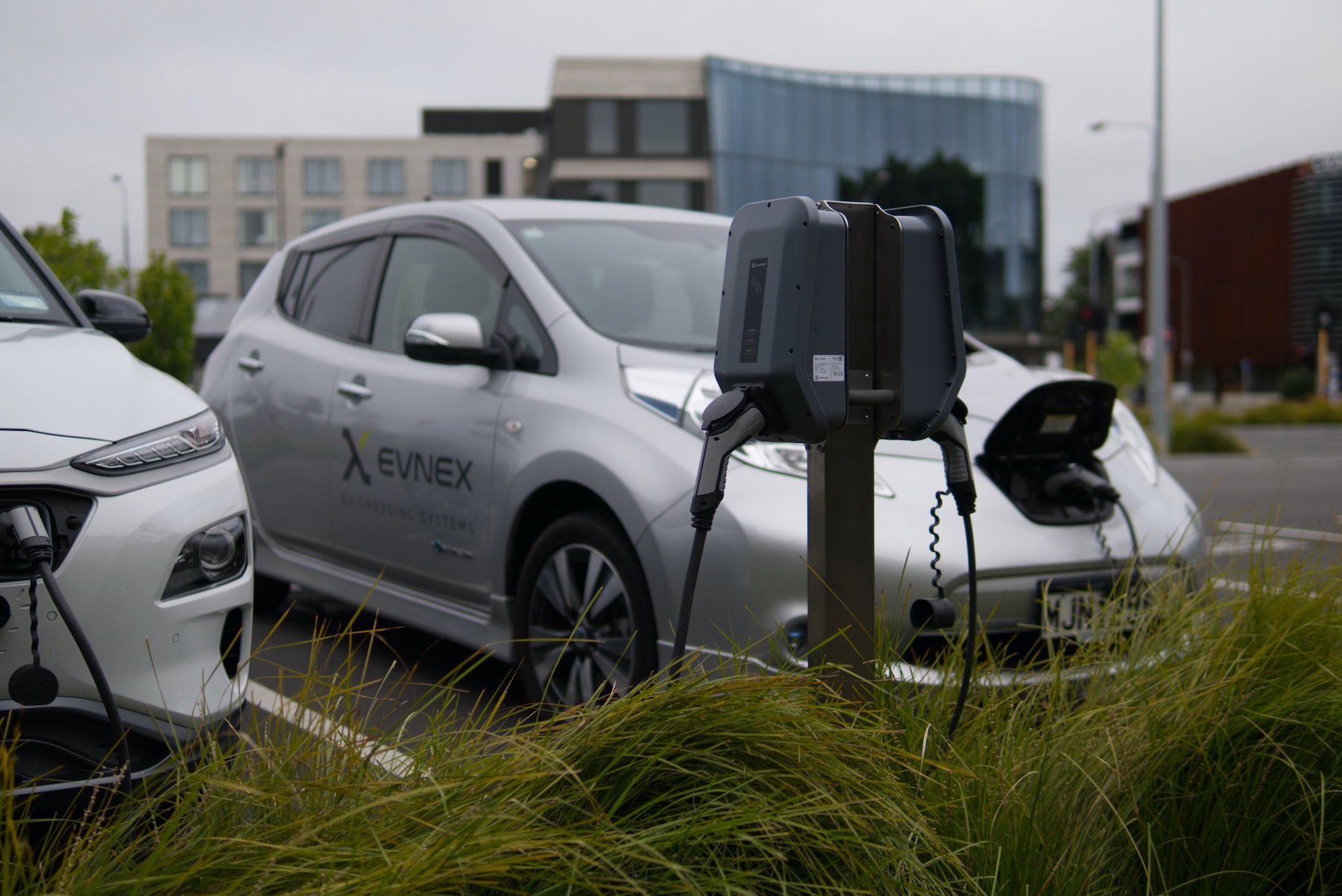California’s recently announced ban on the sale of new gas-powered vehicles starting in 2035—and New York’s recent decision to follow suit—are putting pressure on multifamily property owners to install charging stations for tenants.
Owners have numerous business models and potential partners that offer multiple types of incentives, making the formation of a strategy a complex undertaking. They must consider the costs for chargers and the potential need to install additional electrical capacity costing up to six figures per apartment building.
One option is to outsource chargers to third-party vendors, but vendors may be cool to the idea because of the current lack of a critical mass of users. Even if this option is available to them, owners could still be on the hook for installing electric infrastructure to support charging stations.
Some programs have been created to address that need. Southern California Edison, for example, earmarked $436 million to install 35,000 charge ports. The program focused on disadvantaged communities with 30% of funds dedicated for multifamily homes.
While that program has proven to be popular, attracting twice as many applicants as it can serve, the utility expects to run out of these funds by the end of the year. It’s important that landlords find solutions to the charger challenge soon, with demand from renters predicted to grow significantly in coming years as declining sticker prices of some EV models make them more attractive to a wider swath of the population.
Related Stories
| Aug 22, 2022
Gainesville, Fla., lawmakers moved to end single-family zoning
The Gainesville City Commission recently voted to advance zoning changes that would allow duplexes, triplexes, and quadplexes to be built on land currently zoned for single-family homes.
| Aug 16, 2022
DOE funds 18 projects developing tech to enable buildings to store carbon
The Department of Energy announced $39 million in awards for 18 projects that are developing technologies to transform buildings into net carbon storage structures.
| Aug 11, 2022
Report examines supposed conflict between good design and effective cost management
A report by the American Institute of Architects and the Associated General Contractors of America takes a look at the supposed conflict between good design and effective cost management, and why it causes friction between architects and contractors.
| Aug 10, 2022
U.S. needs more than four million new apartments by 2035
Roughly 4.3 million new apartments will be necessary by 2035 to meet rising demand, according to research from the National Multifamily Housing Council (NMHC) and National Apartment Association.
| Aug 9, 2022
Work-from-home trend could result in $500 billion of lost value in office real estate
Researchers find major changes in lease revenues, office occupancy, lease renewal rates.
Legislation | Aug 8, 2022
Inflation Reduction Act includes over $5 billion for low carbon procurement
The Inflation Reduction Act of 2022, recently passed by the U.S. Senate, sets aside over $5 billion for low carbon procurement in the built environment.
Legislation | Aug 5, 2022
D.C. City Council moves to require net-zero construction by 2026
The Washington, D.C. City Council unanimously passed legislation that would require all new buildings and substantial renovations in D.C. to be net-zero construction by 2026.
| Aug 4, 2022
Newer materials for green, resilient building complicate insurance underwriting
Insurers can’t look to years of testing on emerging technology to assess risk.
Codes and Standards | Aug 3, 2022
Some climate models underestimate risk of future floods
Commonly used climate models may be significantly underestimating the risk of floods this century, according to a new study by Yale researchers.
Codes and Standards | Aug 2, 2022
New tools help LEED projects reach health goals
The U.S. Green Building Council now offers tools to support the LEED Integrative Process for Health Promotion (IPHP) pilot credit.

















